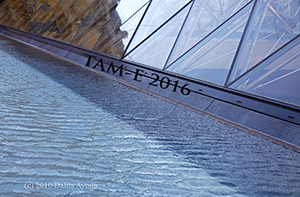The present study sought to document developmental trajectories of Turkish (L1) learners' use of English (L2) modal forms including modal verbs, modal adjectives, modal adverbs, cognitive verbs, and epistemic and deontic expressions, in writing. In addition, we investigated potential contribution of explicit knowledge to Turkish learners' use of modal forms in writing. The participants involved 46 Turkish learners of English from various levels of proficiency. They were firstly allocated into low, mid and high proficiency groups through an independent measure of proficiency. After that a written learner corpus was compiled out of learners' responses to writing tasks. The tasks were based on argumentative essays and advice letter tasks. We lastly measured the participants' explicit knowledge through a metalinguistic knowledge test (MKT), which included twelve ungrammatical items on the use of modal devices. Participants were asked to identify the source of ungrammaticality and correct the sentences. Participants' scores on MKT and frequency and accuracy of modal devices used in essays were correlated through Pearson's correlation coefficient.
To analyse the corpus data, we firstly identified the frequently used forms through word-list and concordance tools. Secondly, we conducted the “contrastive interlanguage analysis” through the keyword-list tool to explore the participants' overuses and underuses of the modal forms.
The results suggested that participants with higher explicit knowledge produced modal forms more frequently and in a wider variety. As regards developmental patterns, lexical-based frequency and concordance analyses showed that each group of proficiency used different modal devices to express deontic and epistemic modality and made different errors. Theoretical framework of this study is based on N. Ellis' (2008) hypothesis of contingency learning mechanisms. Drawing on this approach, we developed a deeper insight into the nature of participants' interlanguage related to the use of modal devices.
- Présentation

 PDF version
PDF version

